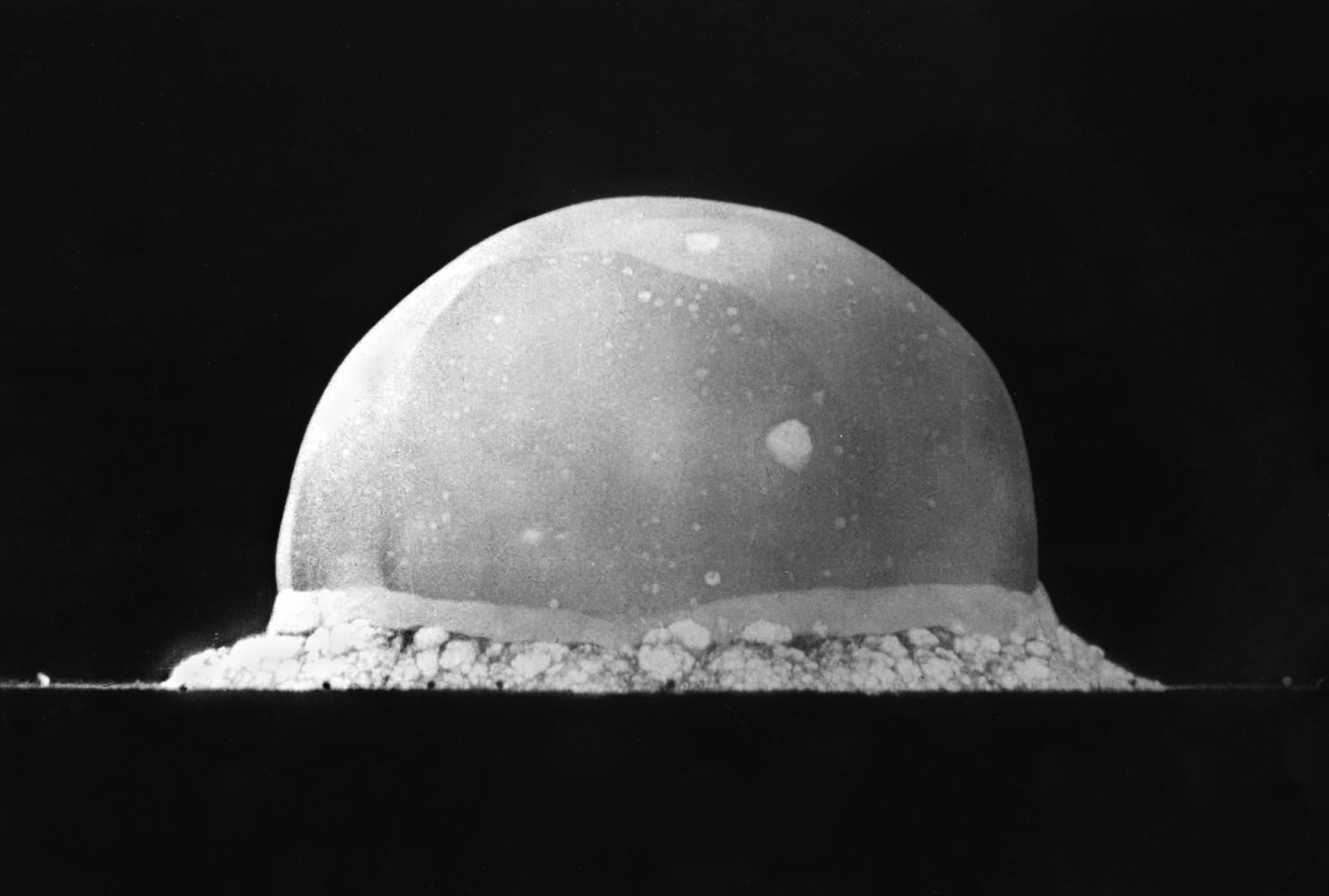The aim of this evening's post is to clarify the different geological time periods based upon how the IUGS International Commission on Stratigraphy (ICS) define them. We know the Anthropocene has been proposed as an epoch, but what does that actually mean?
Chronostratigraphy refers to the layers of rock (strata) which correspond to geochronologic time units. The official units in geochronology and stratigraphy (used by the ICS chart) are as follows, from largest to smallest in length:
EON
Chronostratigraphic unit equivalent: Eonothem
Examples: Hadean, Archean & Proterozoic (taken together as Precambrian), and Phanerozoic (current Eon)
Time Span: Indefinite length of time, but roughly billions of years +
ERA
Chronostratigraphic unit equivalent: Erathem
Examples: Paleozoic (old life), Mesozoic (intermediate life), and our current Cenozoic (recent life)
Time Span: Several hundred million years
PERIOD
Chronostratigraphic unit equivalent: System
Examples: Ordovician, Silurian, Devonian, Carboniferous, Permian, Triassic, Jurassic, Cretaceous, Paleogene, Neogene, Quaternary (current period)
Time Span: 30-80 million years
Chronostratigraphic unit equivalent: Series
Examples: e.g. Ogliocene, Miocene, Pliocene, Pleistocene, and Holocene (official present epoch). Does the Anthropocene belong here, too?
Time Span: Tens of millions of years
AGE
Chronostratigraphic unit equivalent: Stage
Examples: e.g. Campanian, Danian, Tortonian, Gelasian, Calabrian... maybe the Anthropocene?
Time Span: Lowest ranking unit, usually a few million years
(all information from the IUGS Stratigraphic Guide)
 |
| The ICS official geologic time scale as of 2015. If you can't read the writing (sorry), the original image can be downloaded here. |
The Anthropocene is proposed as a potential geologic epoch, which would consequently terminate our current Holocene epoch. The Anthropocene would remain within the present Quaternary Period (which is in the Cenozoic Era, within the Phanerozoic Eon). From looking at other epochs in Earth History, they are pretty hefty chunks of time, so it is questionable whether the Anthropocene would suit this hierarchical level, or if perhaps instead it should become an Age within the Holocene...
Now you know what the different names for intervals of time actually mean, let's look at how long humans have been around for...
 |
| History of our planet Earth condensed into 12 hours. Though the start of the Anthropocene Epoch is subjective here to the author, the point remains that humans are just a blip in Earth History. (Source) |
It's quite eye opening to realise that on this huge time scale, humans appear to be quite insignificant. If Earth's 4.5 billion years of existence were condensed into a 12 hour time period, humanity wouldn't exist until the last TWO SECONDS before midnight (almost like Cinderella..). However, in terms of effect on the planet in this short interval of time, humans have had a hugely disproportionate influence on the Earth. How can we already determine if humanity warrant an entire epoch, which might potentially last millions of years? Say, for example, that in the next century humans make home on our neighbouring planet, Mars. This (hypothetical, yet possible) planetary exploration might make a much greater defining signature for a human-dominated period of time. Or, perhaps the harnessing of nuclear fusion in a few decades might make a far more suited landmark for the start of a human-dominated age?
In my next post, I'll be exploring the evidence for the Holocene as our current (official) epoch, and discussing further whether the Anthropocene should be considered on the same hierarchical level. Hopefully this has given you some perspective on humans in Earth History and clarified the different terminology for geologic time intervals. And just because videos are far more entertaining than reading all this, especially on Halloween, check out the one below:
So catchy.







